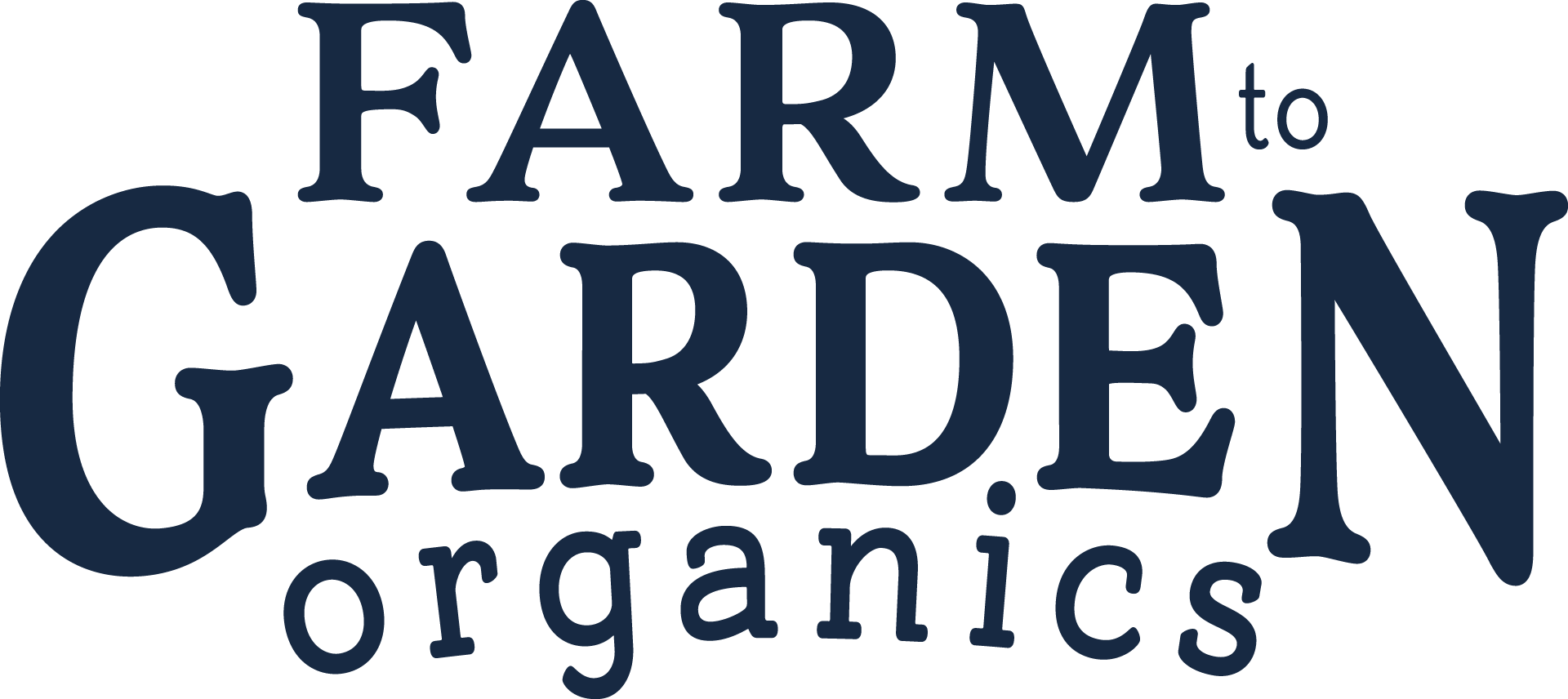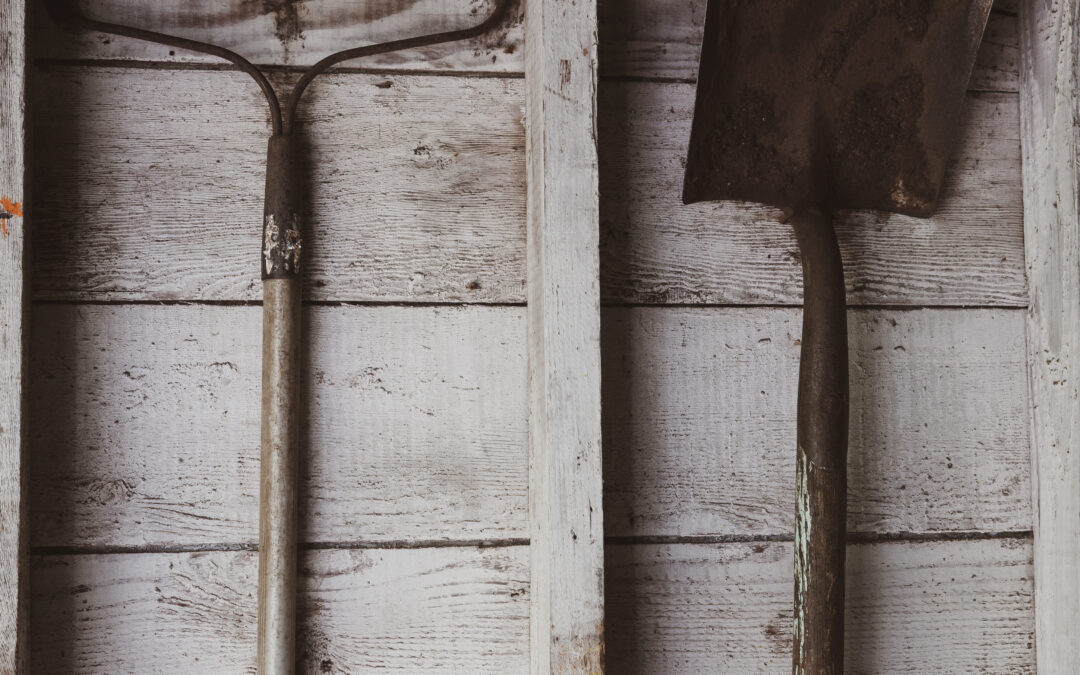January is a great time to start planning and preparing for your spring and summer garden. Here are a few gardening tips to help you get started:
- Start planning your garden layout. Consider the amount of sun and shade different areas of your garden receive, as well as the soil type and drainage. This will help you determine what types of plants will thrive in each area.
- Start seeds indoors. January is the perfect time to start seeds for early-season vegetables and flowers indoors, such as tomatoes, peppers, and marigolds. This will give them a head start on the growing season, and you’ll be able to transplant them outside when the weather warms up.
- Prune trees and shrubs. January is a great time to prune deciduous trees and shrubs before they start to leaf out. This will help shape the plants and remove any damaged or diseased branches.
- Clean up your garden beds. Clear out any leaves, twigs, and debris from your garden beds. This will help prevent pests and diseases from overwintering, making it easier to plant in the spring.
- Check your garden tools. Make sure all your garden tools are in good working order, so you’ll be ready to start gardening when the weather warms up.
- Order your seed catalogs. January is a great time to start browsing seed catalogs and planning what you want to plant in your garden this year.
- Check for pests and disease. Although many plants are dormant during January, it’s still a good idea to check for pests and diseases, so you can take action early on.
- Stock up on soil developer. January is a great time to start improving the soil in your garden. Soil developer is a great way to add organic matter and nutrients to your soil, helping to improve its structure and fertility. You can add it to your existing soil or use it to create raised beds. Make sure to mix it well into the soil before planting. By doing this, your plants will have the best chance of thriving in the coming growing season.
Remember that soil development is a continuous process, so it’s important to keep an eye on the pH levels and the nutrient content of the soil and adjust accordingly. By giving your plants the right environment, your garden will be more productive and healthier.
By following these tips, you’ll be well on your way to a successful gardening season. Happy gardening!

